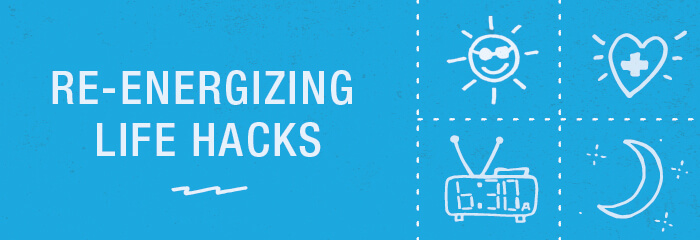
Practical reminders, common sense approaches and clever solutions to avoid everyday challenges and live your best life.
While there seems to be a constant debate about the pros and cons of daylight saving time, we still being moving our clocks one hour ahead this weekend. For some people, this is a mere hiccup in their routine. Others, however, have difficulty adjusting to the change; some even struggle up to a week afterwards.
The main reason people have difficulty with daylight savings time is that it messes with our circadian rhythm -- the mechanism that regulates when we feel awake and when we feel sleepy. Our internal clocks are regulated by light, and when the amount of daylight abruptly changes, as with DST, those clocks get out of sync and take time to readjust.
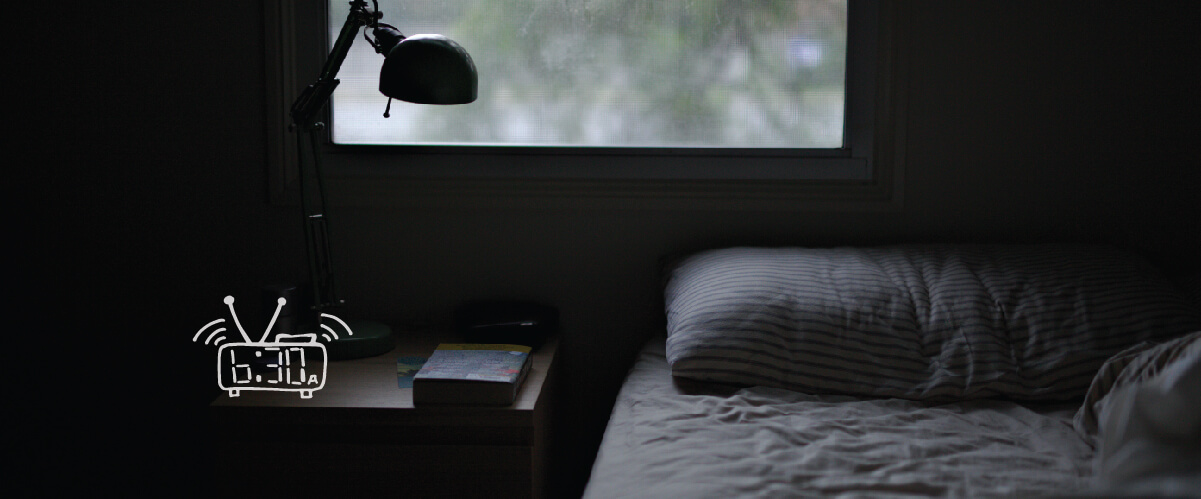
Health Effects
For healthy, well-rested people, the switch to daylight saving time is, at most, an annoyance. However, disrupting our circadian rhythm can have serious health effects.
Decreased Productivity
As mentioned, the time shift disrupts our sleep schedule. The resulting fatigue and sleepiness affects our ability to concentrate and remember, which, in turn, affects our work performance. One study suggests that, on the Monday after the spring shift to DST, there's a considerable decrease in worker productivity accompanied by an increase in "cyberloafing."
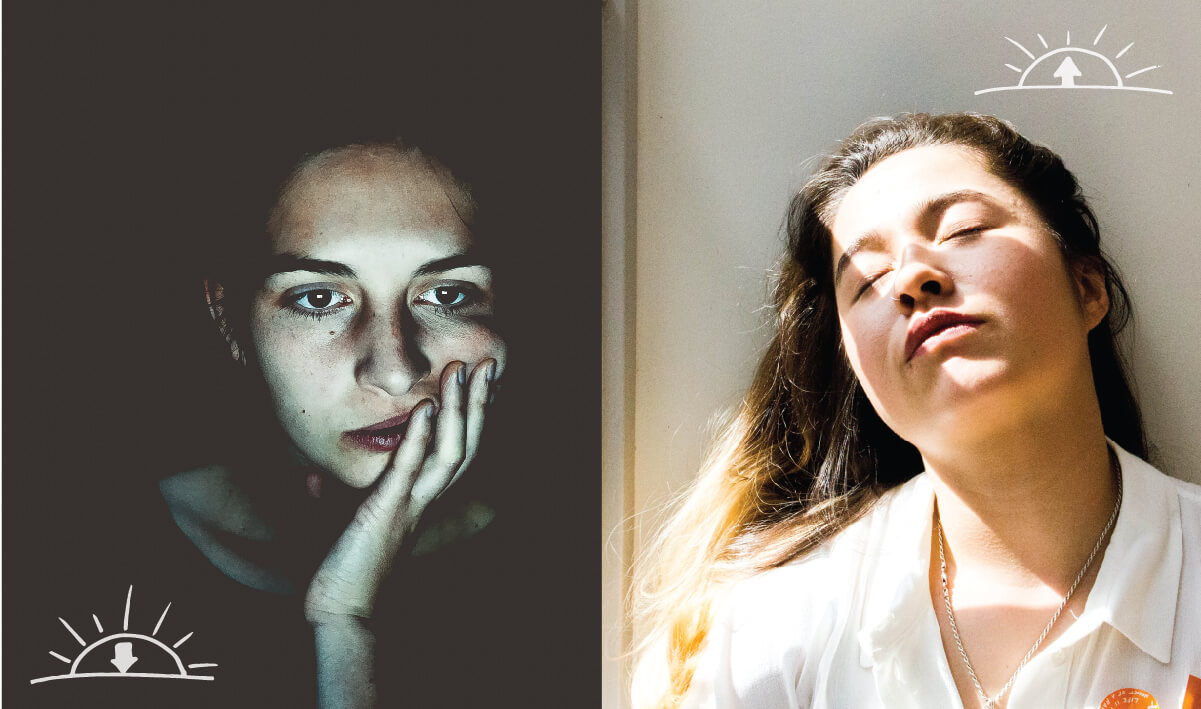
Accidents and Injuries
That same fatigue and sleepiness can also have more serious consequences. Research shows an increase in both traffic accidents and workplace injuries on the Monday following the spring shift to DST.
Cluster Headaches
People who suffer from cluster headaches often complain that their headaches increase when daylight savings time starts and stops, which demonstrates what researchers believe is the connection between cluster headaches and circadian abnormalities.
Depression
It's the fall shift back to standard time that seems to be connected to an increased incidence of depression. Researchers suggest it is the sudden reduction of daylight by one hour at the end of the day that triggers depression, especially in those with seasonal affective disorder.
Cardiovascular Problems
Researchers report increased incidences of heart attacks and strokes in people with cardiovascular problems on the Monday after a time change, especially in the spring when the clock moves forward.
Tips for Easing Into Daylight Saving Time
To make it easier to get back to your usual routine after a time change, start a few days before the clock resets and gradually adjust your evening and morning routine by a few minutes each day. Specifically:
- Avoid alcohol and caffeine in the evening.
- Follow a calming bedtime routine.
- Keep the bedroom cool and dark.
- Dim the lights and avoid bright lights, TV and computer screens late in the evening.
- Even though it's the weekend, curb the urge to stay up late and sleep in.
- To foster a good night's sleep, exercise on the weekend before the time change.
- Go to bed a little earlier each night in the days leading up to the time change.
- Eat your meals slightly earlier each day.
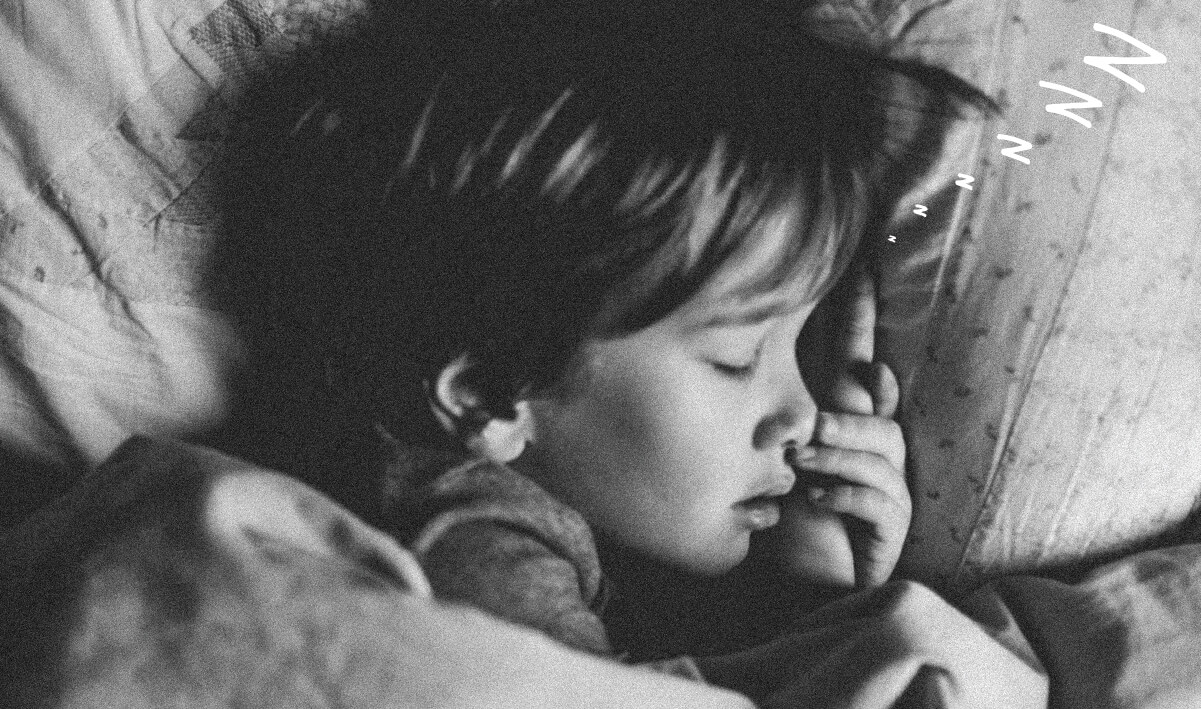
If you still feel sleep deprived after the change, instead of taking a nap, try to get some early morning sunlight to help your internal clock reset itself, and don't schedule any strenuous activities until you feel like yourself again.
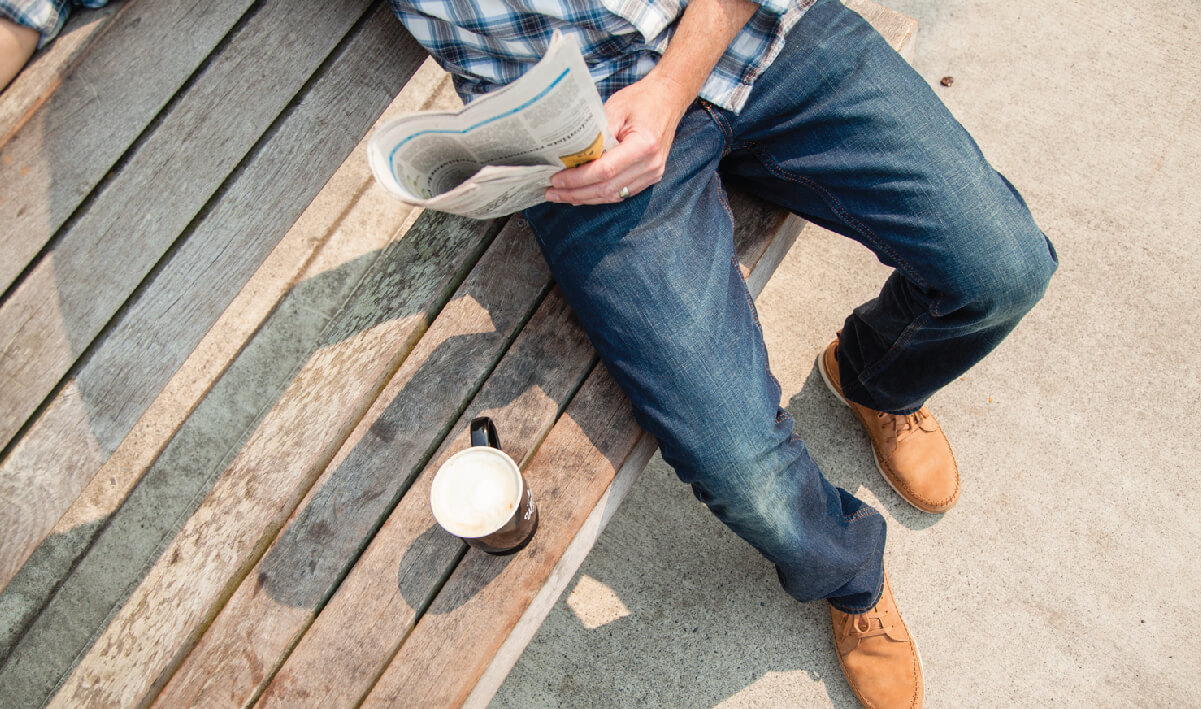
Most of us just accept that we'll feel a little off our game after a time change. However, we can make some fairly simple changes to ease the transition and get back on track quickly.


